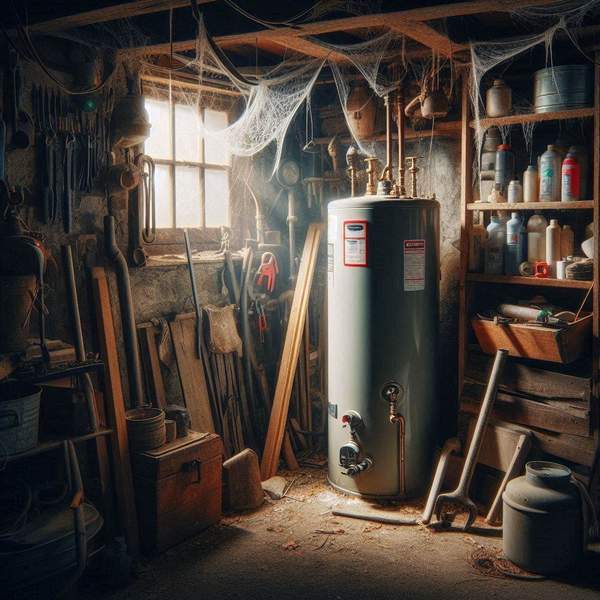Did you know that a malfunctioning water heater can lead to significant energy waste and potential safety hazards? Understanding how your water heater functions and recognizing signs of wear can prevent costly repairs and extend its lifespan. As experienced home inspection professionals, we’re here to guide you through the essentials of water heater inspection, ensuring your home remains safe and efficient.
The Importance of Regular Water Heater Inspections
Regular inspections are crucial for maintaining your water heater’s performance and safety. Over time, sediment build-up can decrease efficiency and lead to corrosion. An inspection helps identify these issues early, saving on energy costs and preventing potential leaks or bursts.
- Efficiency: Sediment accumulation reduces heating efficiency. Flushing the tank annually can help.
- Safety: Inspecting the pressure relief valve ensures it functions correctly, preventing excessive pressure build-up.
- Longevity: Routine checks can extend the unit’s life by addressing small issues before they escalate.
What to Look for During an Inspection
During a water heater inspection, certain areas require more attention to ensure optimal performance and safety. Here are key components to focus on:
- Anode Rod: This component prevents rust by sacrificing itself. Replace it every 3-5 years or when heavily corroded.
- Temperature Settings: Ensure the thermostat is set between 120-140°F to optimize energy use and prevent scalding.
- Leaks and Corrosion: Examine the tank and connections for any signs of leaks or rust, which can indicate a need for repairs or replacement.
When to Call a Professional
While some maintenance tasks can be DIY, others require professional expertise to ensure safety and compliance with industry standards. These include:
- Replacing the anode rod or pressure relief valve.
- Dealing with persistent leaks or unexplained noises.
- Performing a comprehensive safety check, especially for gas water heaters.
In summary, understanding and maintaining your water heater can lead to improved efficiency and safety. Regular inspections can prevent unexpected breakdowns and extend the unit’s life. For comprehensive assessments and peace of mind, consider scheduling a professional home inspection to ensure your water heater and the rest of your home are in top condition.

